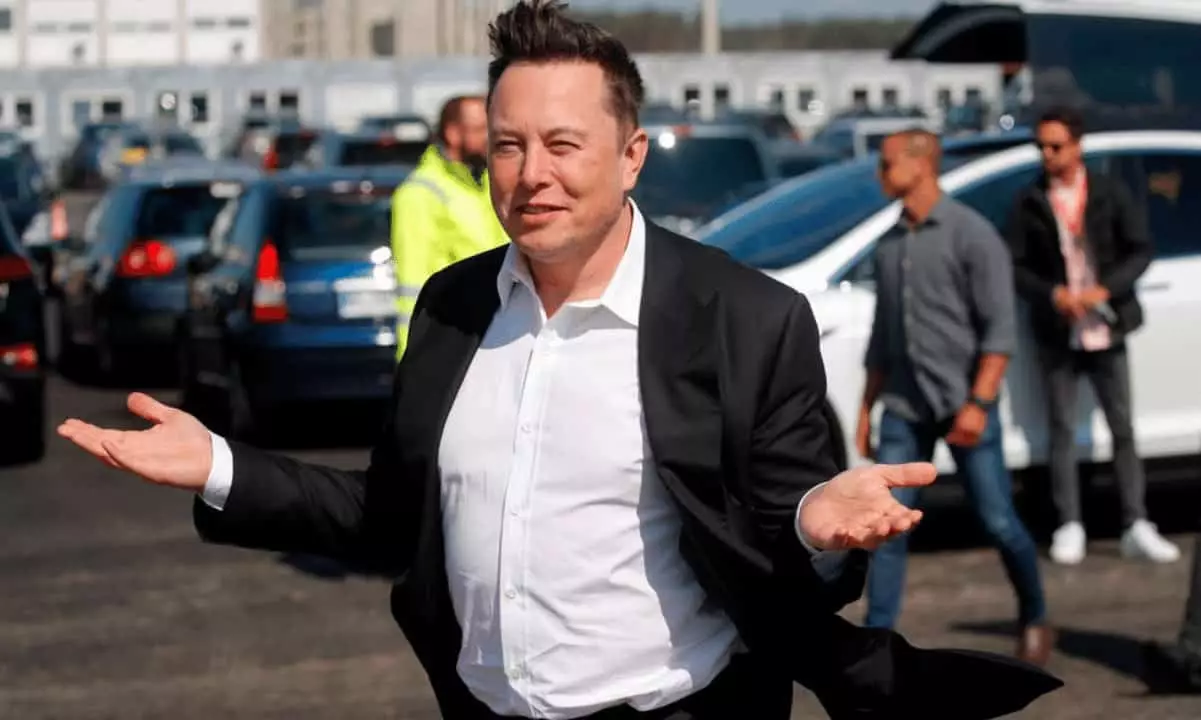Elon Musk, the controversial CEO of Tesla Inc., recently emerged victorious in a high-profile lawsuit alleging market manipulation of Dogecoin. The $258 billion lawsuit filed by disgruntled investors accused Musk and his company of artificially inflating the price of the meme-based cryptocurrency through social media and public statements. However, U.S. District Judge Alvin Hellerstein dismissed the claims, stating that Musk’s statements were merely “aspirational” and not factual enough to be considered actionable claims. While the judge’s ruling favored Musk and Tesla, it prompted questions regarding the boundaries of influence held by influential figures like Musk in the cryptocurrency market.
The lawsuit centered around Musk’s Twitter activity, with investors pointing to specific tweets that they believed manipulated Dogecoin’s price. Musk’s tweet declaring himself the “official CEO of Dogecoin” and his proposal to send a “literal Dogecoin” to the moon on a SpaceX rocket were cited as examples of material misrepresentations. However, Judge Hellerstein determined that these statements were too vague and exaggerated to support the claims of market manipulation. The dismissal of the lawsuit raises concerns about the impact of influential figures’ public statements on the cryptocurrency market and the need for clearer guidelines on what constitutes market manipulation.
In addition to accusations of price manipulation, the lawsuit also alleged that Musk and Tesla engaged in a “pump and dump” scheme with Dogecoin. The investors claimed that Musk’s tweets artificially inflated the price of the cryptocurrency, only for it to crash soon after, causing significant financial losses. However, the judge ruled that the plaintiffs failed to provide a plausible explanation of how Musk and Tesla executed such a scheme. This ruling highlights the challenges of proving market manipulation in the cryptocurrency space, where regulatory oversight and accountability are still evolving.
The dismissal of the lawsuit against Musk and Tesla raises broader questions about the regulatory environment of the cryptocurrency market. With influential figures like Musk wielding significant power through their public statements and social media presence, there is a need for clearer guidelines to prevent market manipulation and protect investors. The case also underscores the challenges of holding individuals and companies accountable for their actions in a decentralized and often opaque market like cryptocurrency. Moving forward, regulatory authorities may need to establish clearer criteria for determining market manipulation and enforcing accountability to ensure a level playing field for all participants.
While Elon Musk’s victory in the dismissal of the lawsuit may have cleared his name in this particular case, it has also sparked important conversations about the influence of public figures in the cryptocurrency market and the need for stronger regulations to prevent market manipulation. As the cryptocurrency market continues to grow and evolve, stakeholders must work together to create a more transparent and secure environment for investors and participants alike.

